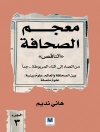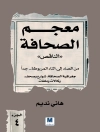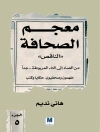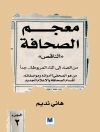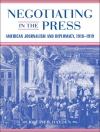Written by leading professional journalists and classroom-tested at schools of journalism,
Thinking Clearly is designed to provoke conversation about the issues that shape the production and presentation of the news in the twenty-first century. These case studies depict real-life moments when people working in the news had to make critical decisions. Bearing on questions of craft, ethics, competition, and commerce, they cover a range of topics—the commercial imperatives of newsroom culture, standards of verification, the competition of public and private interests, including the question of privacy—in a variety of key episodes: Watergate, the Richard Jewell case, John Mc Cain’s 2000 presidential campaign, and the Columbine shooting, among others.
Inhaltsverzeichnis
Introduction, by James W. Carey
1. Mc Carthyism, 1950-1954, by John Herbers
2. Internet Journalism and the Starr Investigation, by J.D. Lasica
3. Columbine School Shooting: Live Television Coverage, by Alicia C. Shepard
4. Minnesota Basketball Cheating Case, by Geneva Overholser
5. The Massacre in El Mozote, by Stanley Meisler
6. Watergate, by James M. Perry
7. New Orleans Times-Picayune Series on Racism, by Jack Nelson
8. John Mc Cain’s 2000 Presidential Campaign: Political Reporting, by Jon Margolis
Über den Autor
Tom Rosentiel serves as director of The Project for Excellence in Journalism, and as vice chairman for the Committee of Concerned Journalists. He has also been a media critic for the
Los Angeles Times, MSNBC, and a chief congressional correspondent for
Newsweek. His other published works include
Warpspeed: America in the Age of Mixed Media,
Strange Bedfellows: How Television and the Presidential Candidates Changed American Politics,
The Road to Here, and
The Beat Goes On: President Clinton’s First Year with the Media. Amy S. Mitchell is the associate director of The Project for Excellence in Journalism, where she heads research and educational initiatives.


